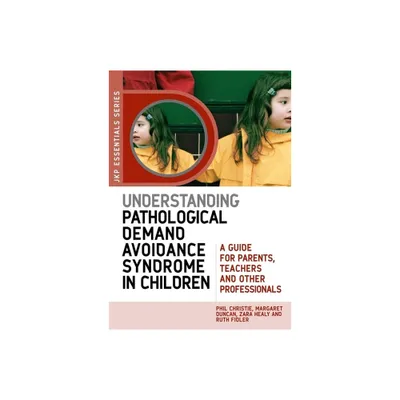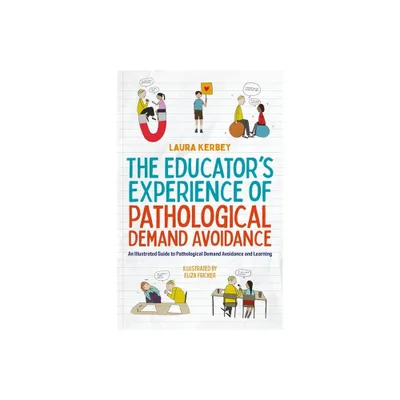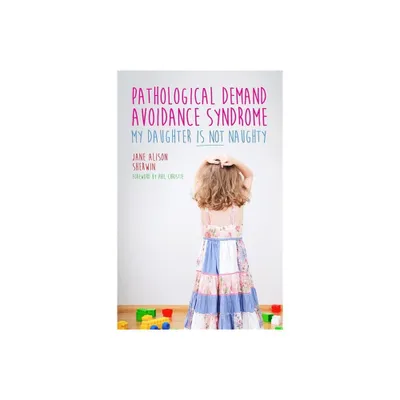Home
Understanding Pathological Demand Avoidance Syndrome Children: A Guide for Parents, Teachers and Other Professionals
Loading Inventory...
Barnes and Noble
Understanding Pathological Demand Avoidance Syndrome Children: A Guide for Parents, Teachers and Other Professionals
Current price: $19.16


Barnes and Noble
Understanding Pathological Demand Avoidance Syndrome Children: A Guide for Parents, Teachers and Other Professionals
Current price: $19.16
Loading Inventory...
Size: Audiobook
*Product Information may vary - to confirm product availability, pricing, and additional information please contact Barnes and Noble
Pathological Demand Avoidance Syndrome (PDA) is a developmental disorder that is being increasingly recognised as part of the autism spectrum. The main characteristic is a continued resistance to the ordinary demands of life through strategies of social manipulation, which originates from an anxiety-driven need to be in control.
This straightforward guide is written collaboratively by professionals and parents to give a complete overview of PDA. Starting with an exploration into the syndrome, it goes on to answer the immediate questions triggered when a child is first diagnosed, and uses case examples throughout to illustrate the impact of the condition on different areas of the child's life. Early intervention options and workable strategies for managing PDA positively will make day-to-day life easier for the child, their family and peers. New problems faced in the teenage years and how to assist a successful transition from adolescence to adulthood are also tackled. The book concludes with a valuable resources list.
Full of helpful guidance and support, this user-friendly introductory handbook is essential reading for families, carers and anyone who knows a child with PDA.
This straightforward guide is written collaboratively by professionals and parents to give a complete overview of PDA. Starting with an exploration into the syndrome, it goes on to answer the immediate questions triggered when a child is first diagnosed, and uses case examples throughout to illustrate the impact of the condition on different areas of the child's life. Early intervention options and workable strategies for managing PDA positively will make day-to-day life easier for the child, their family and peers. New problems faced in the teenage years and how to assist a successful transition from adolescence to adulthood are also tackled. The book concludes with a valuable resources list.
Full of helpful guidance and support, this user-friendly introductory handbook is essential reading for families, carers and anyone who knows a child with PDA.


















